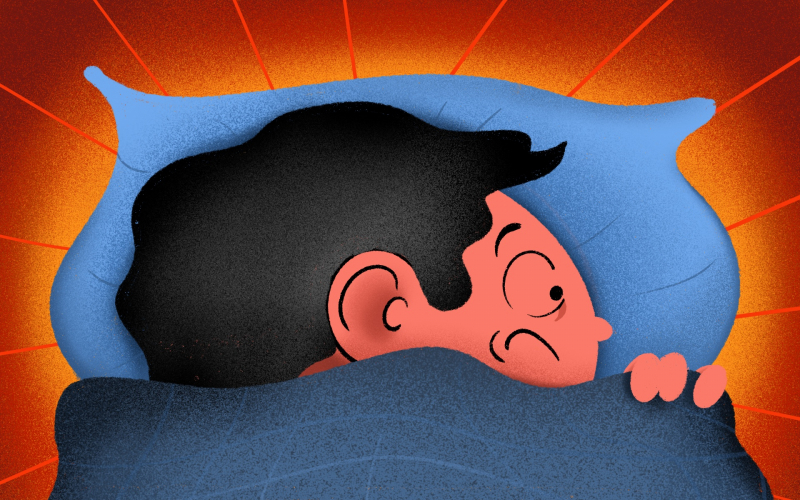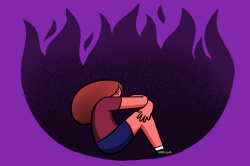Does our sleeping schedule have something to do with anxiety?
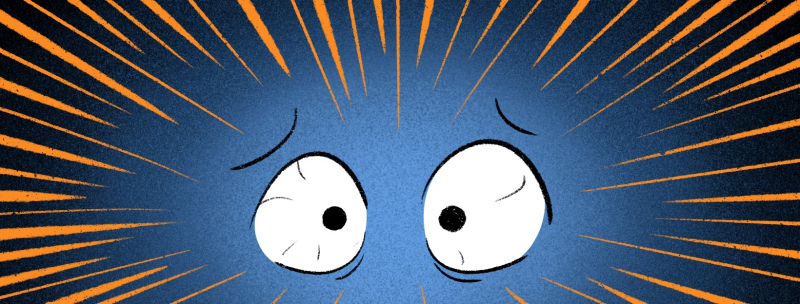
Yes, that’s what research tells us. For example, American scientists conducted a metaanalysis that showed how anxiety-related disorders tend to decrease total sleep time and sleep continuity, as well as sleep depth. A healthy sleeping schedule is one of the ways to treat diagnosed anxiety disorders.
But sometimes it’s hard to fall asleep even if you’re healthy.
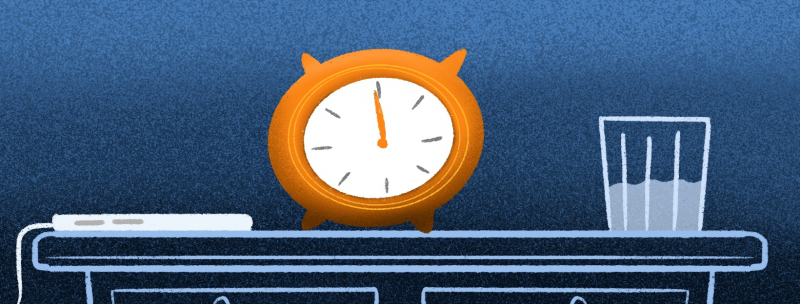
That’s true. Nowadays many people are accustomed to living with a disrupted sleeping schedule. Do you always sleep well and go to bed at the same time? If not, then when major emotional stress occurs, this problem worsens. The first thing you should do is to improve your sleeping habits.
How do you do that?
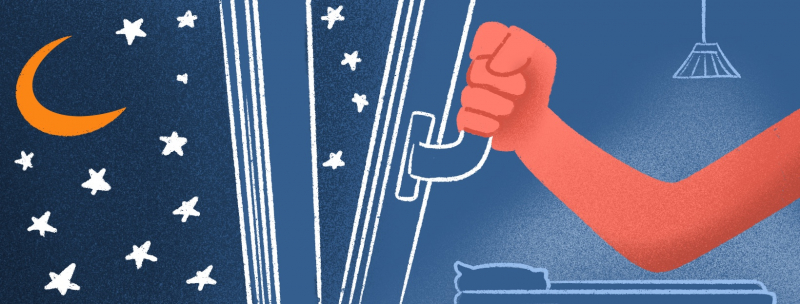
When it comes to external conditions, you should make sure you’re:
-
sleeping in a ventilated room and on clean sheets. Make sure there’s enough fresh air and use clean bed linen;
-
avoiding eating too much before sleep. There’s no need to go to bed hungry, but eat less foods that are hard to digest in the evening and don’t eat within two hours before bedtime;
-
avoiding caffeinated and energy drinks in the evening;
-
not working hard, especially mentally, within two-three hours before bedtime, even if you enjoy it. If you’re feeling inspired in the middle of the night, leave a couple of notes for the future and get back to them in the morning. You should relax completely before sleeping – try listening to some calm music or taking a bath;
-
not browsing news while lying in bed. We’ve talked about the danger of such a habit here. Turn on the night mode on your devices to avoid bright blue light, which negatively impacts your sleep;
-
breathing well. Try using the 4-7-8 technique (inhale-pause-exhale) or a similar one when trying to fall asleep;
-
waking up at the same time, even if you’re going to bed at different times. This helps your body correct the depth of sleep and plan awakening. Your sleeping schedule should become a habit, and the more persistent it is, the more helpful it will be when you’re anxious.
What if anxious thoughts prevent you from falling asleep?
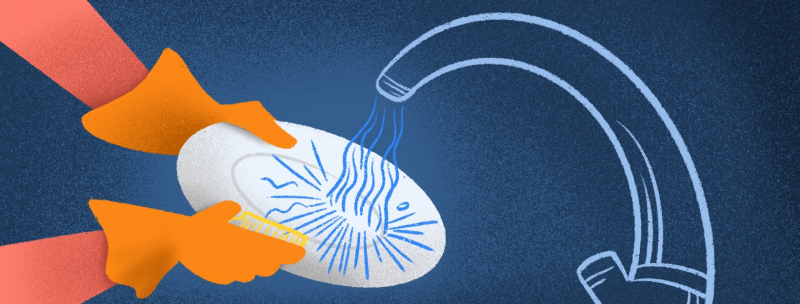
-
If you can’t fall asleep, don’t just lie in bed for over 20 minutes. The more you blame yourself for not sleeping, the harder it will be to finally do so. Instead, do some chores, especially the ones you’re not too enthusiastic about – do the dishes, iron your clothes, or dust surfaces. Sooner or later, you’ll get tired enough to fall asleep.
-
If you’re struggling with intrusive thoughts, try replacing them with something else to focus on – think about another more urgent or important thing you should do soon. This will help forget about the anxiety-causing thought.
-
Try to relax. There are several easy-to-do practices that can be done while on commute or before bedtime. The employees of the Medical, Psychological and Social Assistance Center talked about some of them here (in Russian).
What if you can’t handle your anxiety on your own?
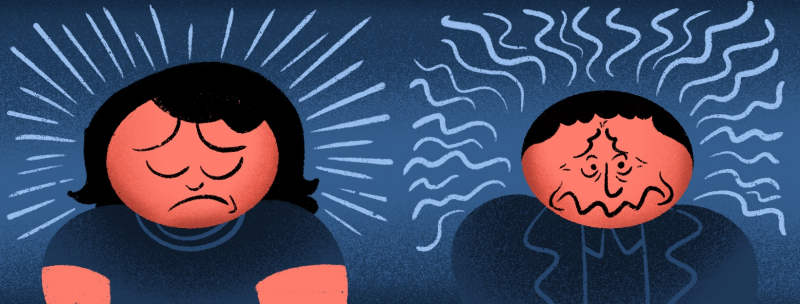
If we’re talking about a healthy person, we should remember that anxiety can be either situational or general. Situational anxiety is caused by a specific situation, for example, an upcoming exam or a job interview. In such a case, anxiety is normal and it goes away once the related event is over. However, if it’s too intense, you can practice breathing exercises and other ways to reduce stress.
When it comes to general anxiety, this state is permanent and it’s harder to overcome. Treating it requires more effort and, in some cases, the assistance of a specialist who can help you realize how justified your emotions are and how to deal with them.
Anxiety-related disorders are more serious and are caused by not only social and psychological issues but also genetics and chronic diseases. Diagnosed anxiety disorders can be treated with medications.
I’m anxious all the time. What do I do?

First things first, avoid self-diagnosing and don’t take any drugs without consulting a specialist. Then, think about how much the events you’re worried about have to do with you and what you can do to influence them. As a rule, we’re anxious about things we can’t deal with or the ones that require too much effort. However, the more we accomplish, the more we believe in ourselves and the less anxiety we experience. Trying to reflect on your anxiety and changing your perspective can be of great help.
If you find it too hard to deal with anxiety and your troubled sleeping on your own, don’t hesitate consulting a specialist. ITMO students and staff can receive free help at the Medical, Psychological and Social Assistance Center. Don’t forget about your physical health, too, because chronic diseases can have an impact on your mental state and sleeping schedule. Consult a specialist if necessary. In case you’ve been struggling with eating and sleeping problems for a long time and you often suffer from rapid heartbeat, you should turn to a therapist straight away.
